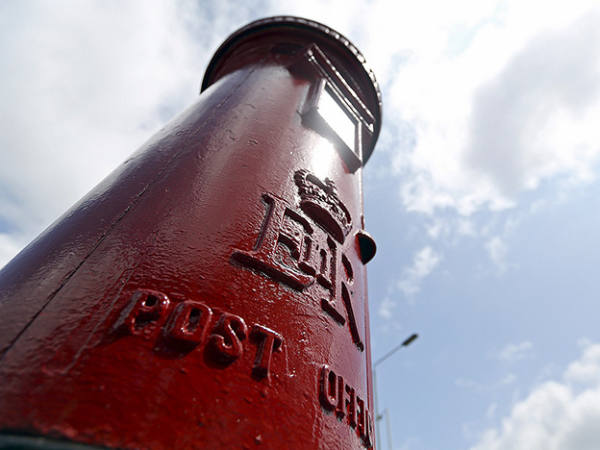First, the announced cuts are small. He claims to have injected £9.3bn into the economy in 2008-09 through tax cuts and pulling spending forward. (Table B5 of this pdf). But this is barely a quarter of the £35.1bn increase in his forecast for government borrowing since his March Budget. And next year's £16.3bn injection is only one-fifth of the £80bn rise in expected borrowing.
His measures, then, are tiny compared to the automatic stabilizers - the tendency for tax revenues to fall as activity falls - through which the government usually helps stave off recession without consciously doing anything.
And, of course, even these measures are temporary. Taxes will rise, and spending fall (relative to what would have happened had he done nothing), after 2009 - by a combined £4.8bn in 2010-11 and £7.6bn in 2011-12.
In this context, the new 45 per cent tax rate on incomes over £150,000 is chickenfeed. The Treasury estimates that it'll raise just £670m in 2011-12 - less than one-tenth of the total fiscal tightening. In terms of macroeconomic demand management, it is unimportant.
The big question, of course, is whether even the temporary easing will help the economy. And herein, I suspect, lies a paradox. Whereas the measure that'll grab all the headlines - the VAT cut - might not work, a measure that seemed unimportant in his speech might.
My problem with the VAT cut is not that it might not be passed onto consumers. Even if retailers do use it to merely improve their margins, it is potentially reflationary. Better profits and cashflow for retailers means less chance of job losses or even bankruptcy.
Instead, there are other problems.
One is simply that aggregate consumer spending doesn't respond much to price changes. If it did, we'd have seen a much bigger fall in spending over the summer as inflation accelerated. Indeed, in the Bank of England's standard econometric model of consumer demand, there's no direct role for price changes to affect aggregate spending, except to the extent that they raise real incomes and wealth. And this effect is small.
Let's do a beer-mat sum. The 15 per cent VAT rate applies to around 55 per cent of spending (the other 45 per cent of spending is on lower-, zero- or exempt goods and services). So this VAT cut will cut the price level by 1.4 per cent. If the effective price-elasticity of demand is around 0.6, this adds 0.8 per cent to spending - equivalent to a 0.6 per cent rise in GDP.
Sounds OK? It is, but this is the best we can expect. Two things suggest the actual stimulus will be less, maybe much less.
First, everyone knows that taxes will rise after 2010, so we might just respond to this announcement by saving more.
Secondly, to the extent that consumers are credit-constrained, the move is futile. What's the point of knowing that a £10,000 car has fallen in price by £250 (which is only the difference between a good and indifferent haggler anyway) if no-one will lend you £10000?
So, the VAT cut mightn't do much good. But there was one announcement in his speech that might help. Mr Darling promised that "HMRC will enable firms facing difficulties to spread their tax on a timetable they can afford. This will cover not just VAT, as some have suggested, but all business taxes."
This could be very helpful. Economic theory tells us that fiscal policy can stimulate the economy if people are credit constrained - because in such conditions, government can do the borrowing that people and companies cannot.
And this is what this pledge amounts to. It means that companies that are in trouble and cannot borrow much from banks can, in effect, borrow from HMRC by postponing their tax payments. Mr Darling's promise, then, plugs the hole that has caused this recession.
Now, we should be cautious here, as we don't know how generous HMRC will be in practice. It's track record is hardly encouraging. Most people would rather deal with a rabid dog than with the HMRC, as you can get away with shooting a rabid dog.
Personally, though, I think this might be - if it proves serious - a potentially more useful move that the VAT cut.
But will we ever be able to tell how well any of Mr Darling's policies have worked?
Perhaps not. We'll never see what would have happened to the economy if he had done nothing except let the massive automatic stabilizers work, and allowed the recession to run its course. So we'll never have the benchmark against which we can measure the efficacy of this package.
It's possible that the recession will have been shallow and short whatever Mr Darling had done. And it's possible it that even if his policies do help boost the economy, the recessionary forces are so deep that the downturn will be deep and long. There's so much uncertainty that it could be either. Just looking at what the economy does will tell us nothing about the efficacy of these measures. We might never know whether this package helped the economy or not. Which is why it was an exercise in politics more than economics.










